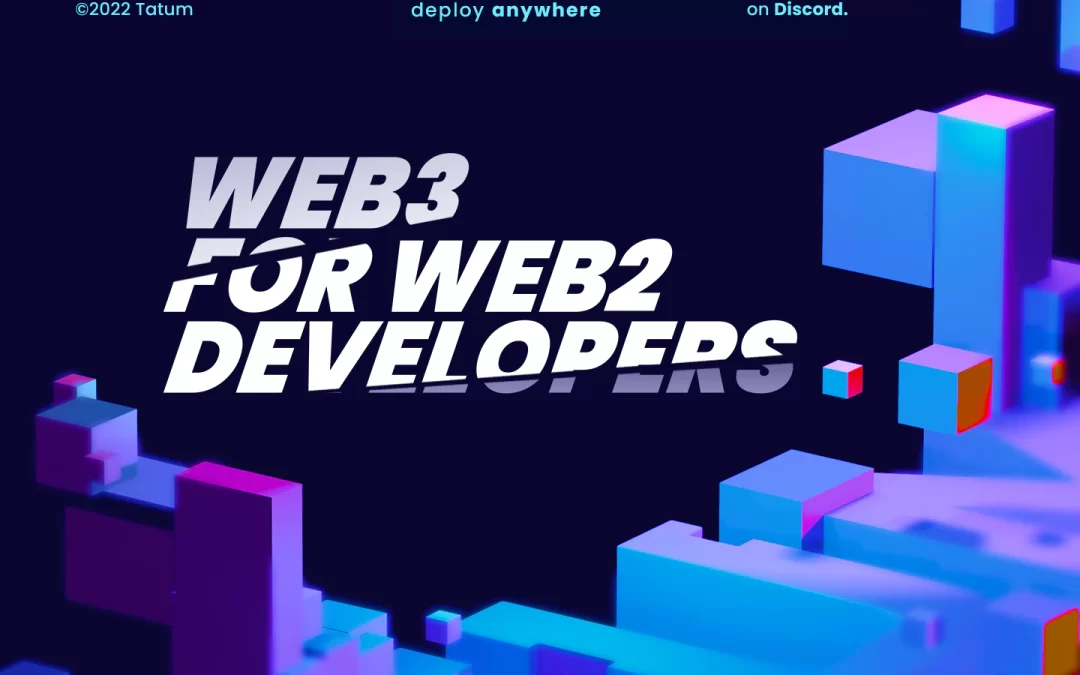Blockchain technology stands to revolutionize a wide range of industries, and many companies are eager to move their operations on-chain. According to a survey from consultancy Deloitte, 78% of companies believe there is a compelling use case for blockchain technology within their organization, and 73% of them agree they stand to lose their competitive advantage if they fail to adopt the technology.
Most companies want in, but less than 0.1% of developers are senior enough to deliver on the projects they want to build. Why are blockchains so difficult to code for? To build blockchain apps, you need to have access to nodes (essentially units of the blockchain network). Installing and running nodes is difficult, expensive and time-consuming. It’s a full-time job in and of itself.
Running nodes for one blockchain is difficult enough, but maintaining perfectly functioning nodes for multiple blockchains requires a full dev-ops team. Each blockchain has its own language and set of particularities. Learning to code for one can take quite a bit of time; learning to code proficiently for multiple blockchains is next to impossible. Not only that, but smart contracts – executable programs on the blockchain used to build blockchain apps – are coded using completely different languages than the blockchains themselves.
All this learning to build blockchain apps can take months or years to master, and hiring blockchain developers is extremely expensive, if you can even find them. For this reason, up to 90% of blockchain implementations never even get successfully launched. They run out of time and money, and the majority of them fail.
Faster time to market
Tatum eliminates these obstacles to blockchain development. It provides blockchain nodes for more than 40 blockchain protocols and there is no need to code for each individual blockchain. It also includes prebuilt smart contracts, meaning developers don’t need to learn Solidity or any other smart contract programming language. It also allows for the instant creation of NFTs or ERC-20 and ERC-1155 tokens and includes a ready-to-go NFT marketplace and auction for smart contracts.
This means companies looking at blockchain development projects no longer need any third-party tools or smart contract experience. It also means faster time to market, with 99% of costs and time saved in comparison to developing a project from scratch. This allows enterprises to use existing developers to build blockchain apps. Essentially, Tatum is enhanced Web 3 designed for Web 2 developers.
In 2021, Tatum grew from 4,000 users to more than 18,000 and received backing from Octopus Ventures. It was a top five finalist in the TechCrunch Startup Battlefield as the first-ever blockchain startup to be accepted to participate and was the winner of the European finale of the Startup World Cup.
Many platforms claim the same thing: to simplify blockchain development. But with most of them, you still have to learn to code and deploy smart contracts and you still need a good bit of Web 3 dev experience to accomplish anything. Tatum goes further in terms of features and supported blockchains. It allows companies to build blockchain apps from start to finish, all in a single, unified framework – zero blockchain development experience required.










